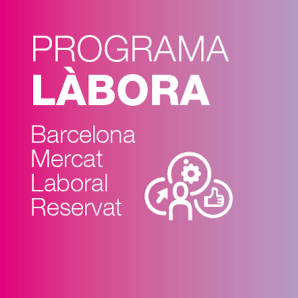Digital talent continues to grow in Barcelona
02/08/2021 - 14:37
The results from the 2021 Digital Talent Overview consolidate the digital sector as the driving force behind job creation in the city. Two out of ten job vacancies in 2020 were digital.
The study underscores the growth of the digital sector in Catalonia, which now generates 18.9% of all job offers, twice the figure recorded two years ago. By the end of 2020, Catalonia had more than 88,000 digital professionals, 95% of whom were located in the Barcelona region.
The third Digital Talent Overview was promoted by Mobile World Capital Barcelona, the Government of Catalonia, and the Technological Circle of Catalonia within the framework of the Barcelona Digital Talent initiative. This is a public-private partnership that strives to combat the current digital talent divide and promote market competitiveness. The study analyses the evolution of this divide in Europe, Catalonia and Barcelona.
Barcelona, in line with Europe
Europe’s digital sector is accelerating fast. Between 2011 and 2019 Europe saw ICT specialist employment increase by 40%, in contrast to the 6.9% increase in all other sectors. This demonstrates that the recruitment of digital talent is growing six times faster than in other professions.
Barcelona’s ecosystem generated 6,700 new professionals in the sector during 2020, increasing its digital talent by 9%. The pandemic has brought about a slowdown in the attraction of talent from other cities but, even so, these professionals account for almost 30% of Barcelona’s digital talent. The city is thus demonstrating its relevance at home and abroad.
The effort to bridge the gender gap
Barcelona is highlighted in the report as one of the European cities with the highest number of women employed in the digital field. The percentage of female tech workers during 2020 was 29%, a figure that represents a positive trend, with an upturn of 2.5 points compared to 2019. UX/UI design is the speciality with the highest concentration of women, with female employment totalling 48%. Despite the above improvements, the gender gap remains the major challenge in the digital sector.










